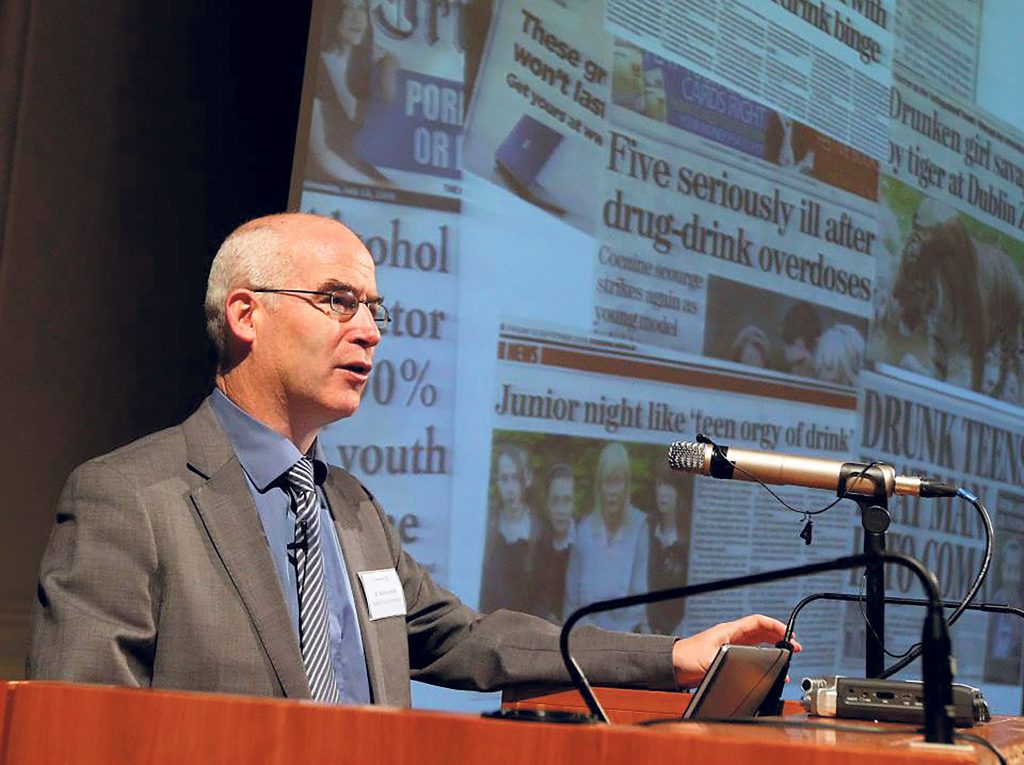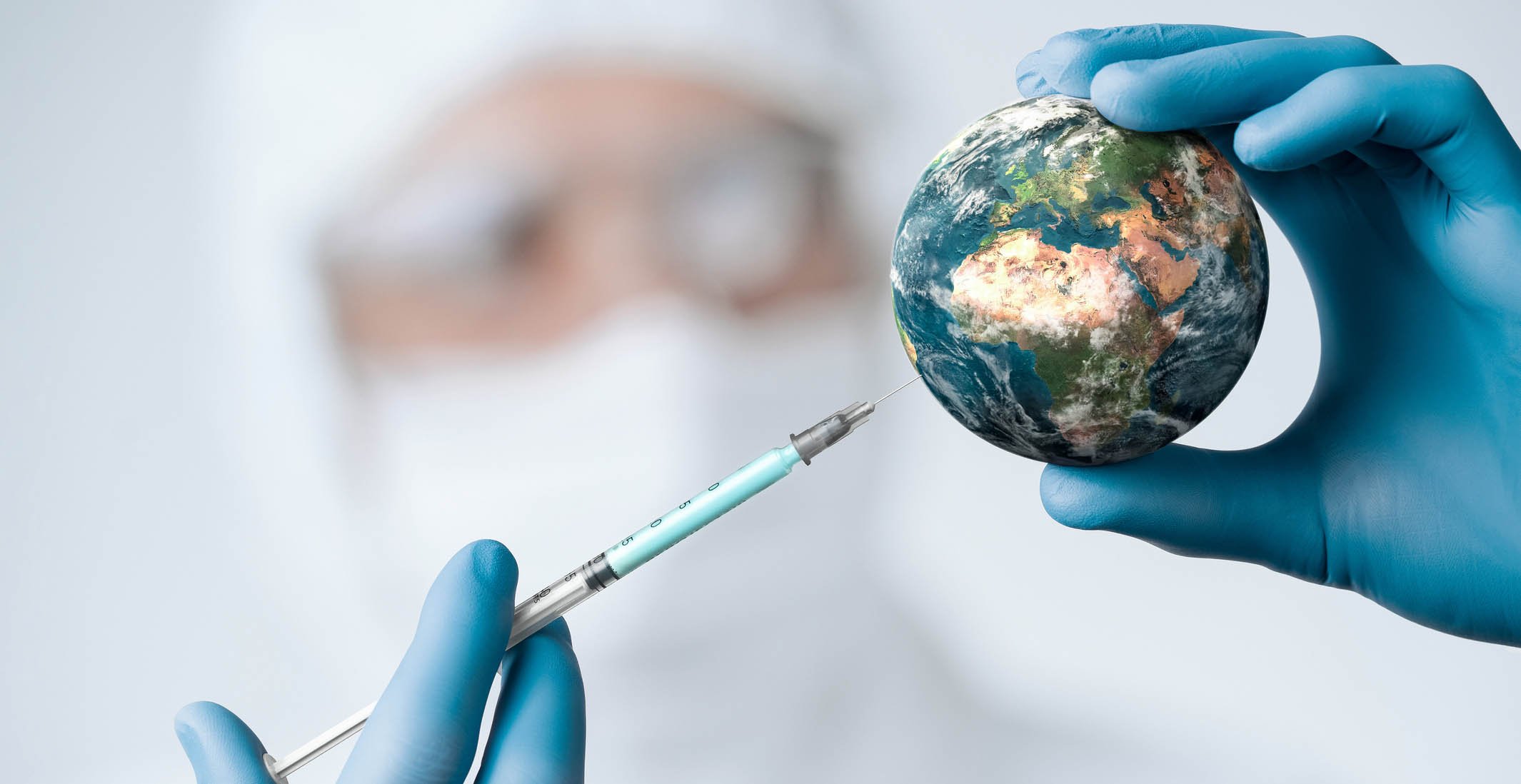Niamh Cahill speaks to Consultant Child and Adolescent Psychiatrist Dr Bobby Smyth about the effect of the Covid-19 pandemic on addiction services
The pandemic has had a devastating impact globally. But according to Consultant Child and Adolescent Psychiatrist Dr Bobby Smyth, addition services have not been badly affected by the crisis.
The immediate need to reduce the spread of Covid-19 among the population prompted addiction services to take individuals on waiting lists for opioid substitution services into treatment without delay.
Dr Smyth told the Medical Independent waiting lists for opioid addiction services are now much lower than before the pandemic and in some areas “non-existent”.

The Report on the Social Implications of Covid-19 in Ireland — Update 5 June 2020 states that, in April, 514 more people were in receipt of opioid substitution treatment (OST) than in January.
The report adds: “The HSE has put in place measures to maximise access to OST for homeless people who use drugs. Over 70 new homeless clients have signed-up for treatment. For new and existing clients, special arrangements are being put in place to ensure continuity of supply during the crisis.”
Vulnerable
The developments are significant. Individuals affected by addiction are among the most vulnerable groups in society.
Despite this, support services to help treat dependencies have traditionally had a lack of sufficient funding and investment.
“What was terribly impressive is that there has been absolute continuity in that treatment from the very start. The provision of methadone, the substitution aspect of treatment, has been enhanced as opposed to reduced,” said Dr Smyth.
“There was a real urgency in getting people off waiting lists because people on waiting lists addicted to heroin were deemed to be very high risk for lots of reasons, and were at even higher risk than usual, so we did our best to take everyone in as quick as possible.
“Where patients were identified as having a need to cocoon because they were at risk of infection themselves, mechanisms were developed so that their medications were brought to them or collected by someone else to be brought to them.”
Within the wider addiction services, particularly in Dublin, there was a huge effort to maintain the integrity of that aspect of service provision, he added.
However, a number of challenges remain.
The psychosocial aspects of treatment now need to “get up to speed to the same extent because there was less urgency around those aspects of the service”.
This includes counselling, which is often group-based. Social distancing guidelines have made this difficult, however. One-to-one sessions and non-face-to-face sessions do not suit the needs of all clients, according to Dr Smyth.
In terms of the wider impact of drug use on the population, the seizure of drugs has increased, as it has been harder for drug dealers to be “out and about and move their product around the place since the pandemic”, outlined the psychiatrist.
This is a welcome development but has raised concern it could lead to more contaminated products in circulation.
“The risks associated with buying drugs in the black market will probably only be increased,” said Dr Smyth.
Pandemic positives
Within the adolescent addiction service, where Dr Smyth works, referrals have fallen by between 40 and 50 per cent since lockdown was introduced.
Before Covid-19, the standard treatment approach usually involved working one-to-one with a teenager and their parents “on-site”.
In the early days of the pandemic, treatment was undertaken via the telephone. This worked “okay” with teenagers already connected with the service, but was less effective with new referrals.
“What we found impossible from the start was trying to manage new referrals over the phone,” said Dr Smyth.
“The nature of our work is that it’s often an adult in the teenager’s life is more worried about their drug use than they are, usually a parent. So a challenge at the best of times is trying to get buy-in from the teenager. That proved extremely difficult over the phone, so we quickly gave up on that and offered people face-to-face appointments.”
The healthcare service, doctors have warned, faces a tsunami of “non-Covid” work as services begin to recommence.
However, Dr Smyth does not believe this will be the case with the adolescent addiction service.
“There are probably less kids running into significant drug problems right now, so the reduction in referrals is a real reduction in need, as opposed to just being because referrals are out of action.
“With most of the cases we had already open with young people, the whole experience of the lockdown on average, I think, has had a positive impact on young people’s drug use. Not everyone has done better. But a subsection of the current clients feel that the lockdown has made it easier for them to avoid drug use.”
This is because a lot of teenage drug use and drinking is in the context of “hanging around with other teenagers”, he explained.
“People who are in treatment trying to move away from drug use — one of the things they’ve struggled with is that they know all of their mates they used to use with are still off out in the park smoking or drinking. That makes it harder for them to avoid that. With Covid, they know no-one is out in the park. There is less temptation, so it actually made it easier for them to step back from use.”
Another advantage has been the increase in family time. During treatment, efforts are made to reconnect teenagers with their families.
“Covid has helped with that; where relationships weren’t massively damaged beforehand, kids have been doing things with the family a bit more than was the case beforehand.”
Cannabis remains the main problem drug for most of the young people referred into the adolescent services.
Redeployments
Some HSE services have suffered due to widespread redeployment to areas such as contact tracing and testing in response to the pandemic.
Within the addiction service, the impact of redeployments has varied from location-to-location, according to Dr Smyth.
When the crisis first emerged, there was a degree of panic and pressure on HSE services to identify staff who could assist with the response.
There was a view in some quarters that the addiction services were non-urgent and ‘fair game’ for redeployment, said Dr Smyth.
Because of this, there was a need to make a case for “the nature of the work we do and the significant risks if our service was shut down and everyone redeployed”.
“The young people we work with face very significant risks anyway. They are at risk of accidental overdose, suicidal behaviour and misadventures when intoxicated that can have dreadful outcomes. So we did make a case for the services certainly not being shut down, but a limited redeployment, so that we could continue to manage the riskier young people.”
Challenges ahead
With social distancing guidelines set to remain in place for some time, addiction services must continue to adapt in a way that maintains patient care.
This means greater preparation work before each new appointment, particularly in terms of infection prevention control of meeting rooms for face-to-face appointments and increased use of telehealth services.
“We’d already begun to experiment with some telepsychiatry or telehealth services; doing assessments not just by phone, but via a Skype-type equivalent. We will end up doing more of that, or maybe mixing-up appointments, where every second appointment might be face-to-face and other appointments are done remotely via telehealth options,” said Dr Smyth.
The challenge, he added, would be in “providing services as close to the type of services we used to previously provide, which means dealing with referrals in the same way, offering assessments in the same way”.
The key factor will be maintaining a high-quality service for patients in the months ahead.
“We have health services because we have health problems. The health problems haven’t gone away and the challenge for all health services is to respond to those health problems in
the same comprehensive way we did previously, in a way that doesn’t damage the quality of what we do.”













Leave a Reply
You must be logged in to post a comment.